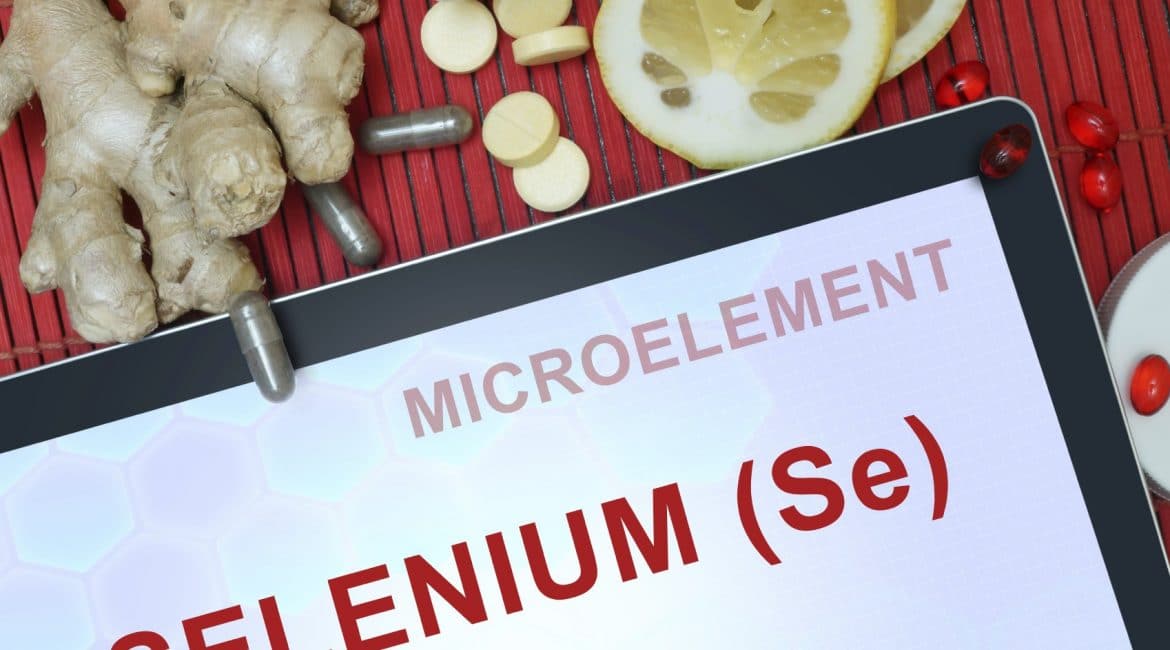Selenium is a trace mineral essential for cognitive function, fertility, and a healthy immune system for both men and women. It is found in a variety of foods – the richest sources being Brazil nuts, sunflower seeds, garlic, and organ meats among others. However, the amount in any given food still depends on the content of selenium in the soil which it was grown. Selenium is also found in water as well as in certain types of seafood. Despite its common appearance in foods, many people still lack selenium. A study shows that 0.5 to 1 billion people from all around the world suffer from selenium-deficiency.
So, what are its benefits?
Prevention of Chronic Diseases
Selenium has antioxidant effects that might help in preventing chronic diseases. It is also important for the functions of the thyroid and immune system. A research published in the journal Microbial Ecology in Health and Disease states that selenium is critical to living organisms. There are several disease conditions where the combination of good selenium status and adequate intake of other antioxidants help cells and tissues to better cope with harmful oxidative stress.
Protection of Overall Health
Our bodies require only a small amount of selenium, with the minimum daily recommended dietary allowance (RDA) for this mineral being 55 micrograms (mcg). This is one of those nutrients that you do not want to have too much of. Small amounts provide important benefits, but taking too much has also potentially been linked to an increased risk of diabetes. Unless you are taking a supplement, it is quite difficult to overdose on selenium that’s naturally found in foods. It is important to have optimal selenium levels because it acts as a powerful antioxidant and when combined with vitamin E, the antioxidant effects increase even more.
Immune System Support
Selenium helps in lowering the risk for cancer because it has the ability to boost immune system function. It may also stimulate the immune system so it is able to eliminate early cancers. In addition to cancer, this immune stimulation might also be beneficial for prevention of infectious diseases. Several studies have found that there is an association between selenium deficiency and the progression of AIDS. Other studies have found selenium supplementation might reduce hospitalizations and improve white blood cell counts among this population.
Fights Viral and Bacterial Infections
Selenium might also be useful for other viral infections such influenza and other bacterial infections. Since bacterial and viral infections are often associated with macro and micronutrients deficiency, good selenium status might affect the function of cells of both adaptive and innate immunity. One way selenium influences immune response is through selenoproteins (selenium-containing proteins). They are known to regulate inflammation and immunity, and adequate levels of selenium are necessary to initiate immunity. It is also helpful in regulating excessive immune responses as well as chronic inflammation.

